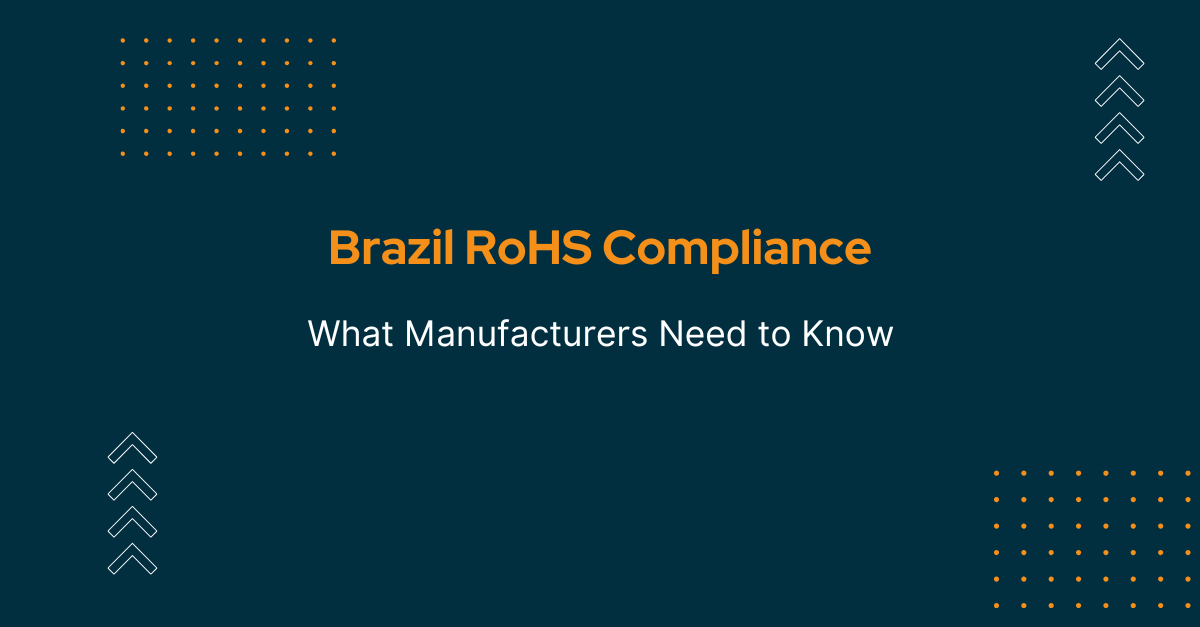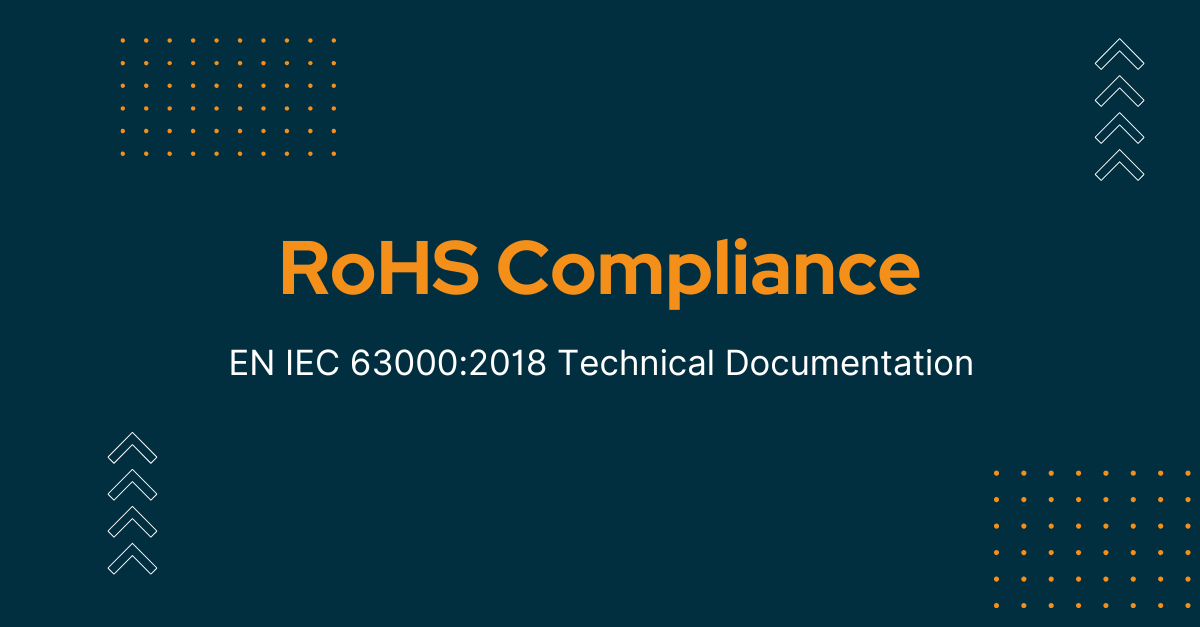Table of Contents
What Is the SASO RoHS Regulation?
Saudi Arabia isn't playing catch-up — it's setting the pace. The SASO RoHS regulation, launched in January 2021 by the Saudi Standards, Metrology and Quality Organization (SASO), aligns closely with the EU RoHS Directive but is enforced with Saudi-specific nuances.
It restricts six hazardous substances in electrical and electronic equipment (EEE):
| Substance | Max Limit (wt%) | | ------------------------------------- | --------------- | | Lead (Pb) | 0.1% | | Mercury (Hg) | 0.1% | | Cadmium (Cd) | 0.01% | | Hexavalent Chromium (Cr⁶⁺) | 0.1% | | Polybrominated Biphenyls (PBB) | 0.1% | | Polybrominated Diphenyl Ethers (PBDE) | 0.1% |
If you're placing products in the Saudi market, compliance isn't optional — it's table stakes.
SASO RoHS Scope and Staggered Enforcement
Compliance deadlines weren’t rolled out all at once — Saudi Arabia phased them by product type. Here’s the timeline:
| Product Category | Compliance Deadline | | ------------------------------------------ | ------------------- | | Small household appliances | July 4, 2022 | | Large household appliances | October 2, 2022 | | ICT equipment | December 31, 2022 | | Lighting equipment | March 31, 2023 | | Electronic tools and equipment | June 29, 2023 | | Games, entertainment, and sports equipment | September 27, 2023 | | Control and monitoring instruments | December 26, 2023 |
SASO RoHS Exemptions: What’s Not Covered
Not every product is under the microscope. SASO RoHS exemptions include:
- Military weapons and equipment
- Medical devices
- Space-use equipment
- Large-scale stationary industrial tools
- Large fixed installations
- Specific instruments in Annex 1-B
- Substances already excluded per Annex 1-A thresholds
📌 Translation: You may have some breathing room — but don’t assume. Check the Annexes first.
How to Comply with SASO RoHS — Step-by-Step
1. Use Recognized Standards
- IEC 63000 – Technical documentation framework
- IEC 62321 – Determination of restricted substance levels
- IEC 62474 – Material declarations
- IEC TR 62476 – Guidance for evaluating use restrictions
2. Compile a Technical File
Prepare documentation including:
- Declaration of Conformity (DoC) – Use the template from Annex 4
- Risk Assessment Document
- Design drawings, manuals, usage documentation
- Testing reports and material declarations
3. Seek Third-Party Conformity Assessment
Your product must be verified by a notified body recognized by SASO, which will issue the Certificate of Conformity — a mandatory requirement for market entry.
Why Compliance Matters: More Than Just Market Access
SASO RoHS isn’t just red tape — it’s a strategic lever.
- Unlock the Saudi market: Access one of the fastest-growing electronics markets in the Gulf.
- Prove your environmental commitment: Align with ESG goals and consumer expectations.
- Build trust: Saudi buyers and partners demand transparency — this proves it.
- Avoid penalties: Non-compliance means blocked shipments, rejected certifications, and fines.
RoHS Compliance Isn’t Just a Form. It’s a Market Entry Strategy.
SASO RoHS isn’t the same old paperwork. It’s your permission slip to sell in one of the fastest-growing economies in the world. But only if you’re prepared.
Acquis gives you the system, structure, and certainty to get it right.
- Centralize supplier declarations and risk data
- Generate IEC 63000-ready technical files
- Validate substances against SASO and global limits
- Track conformity deadlines across product lines
- Track restricted substances in real-time
- Generate audit-ready reports — instantly
Make SASO RoHS compliance your competitive edge
Let’s talk. Book your personalized walkthrough → with our compliance experts.



